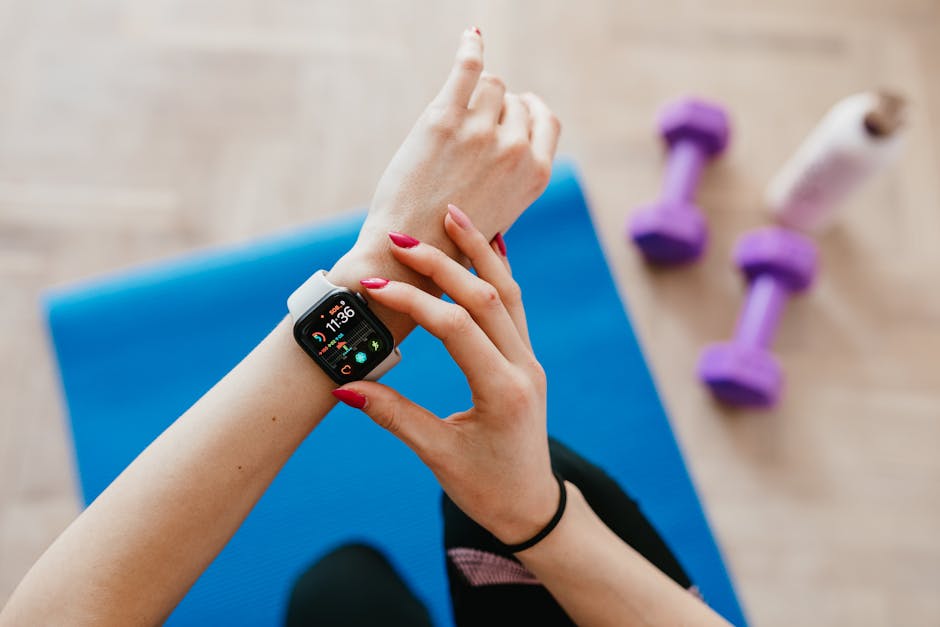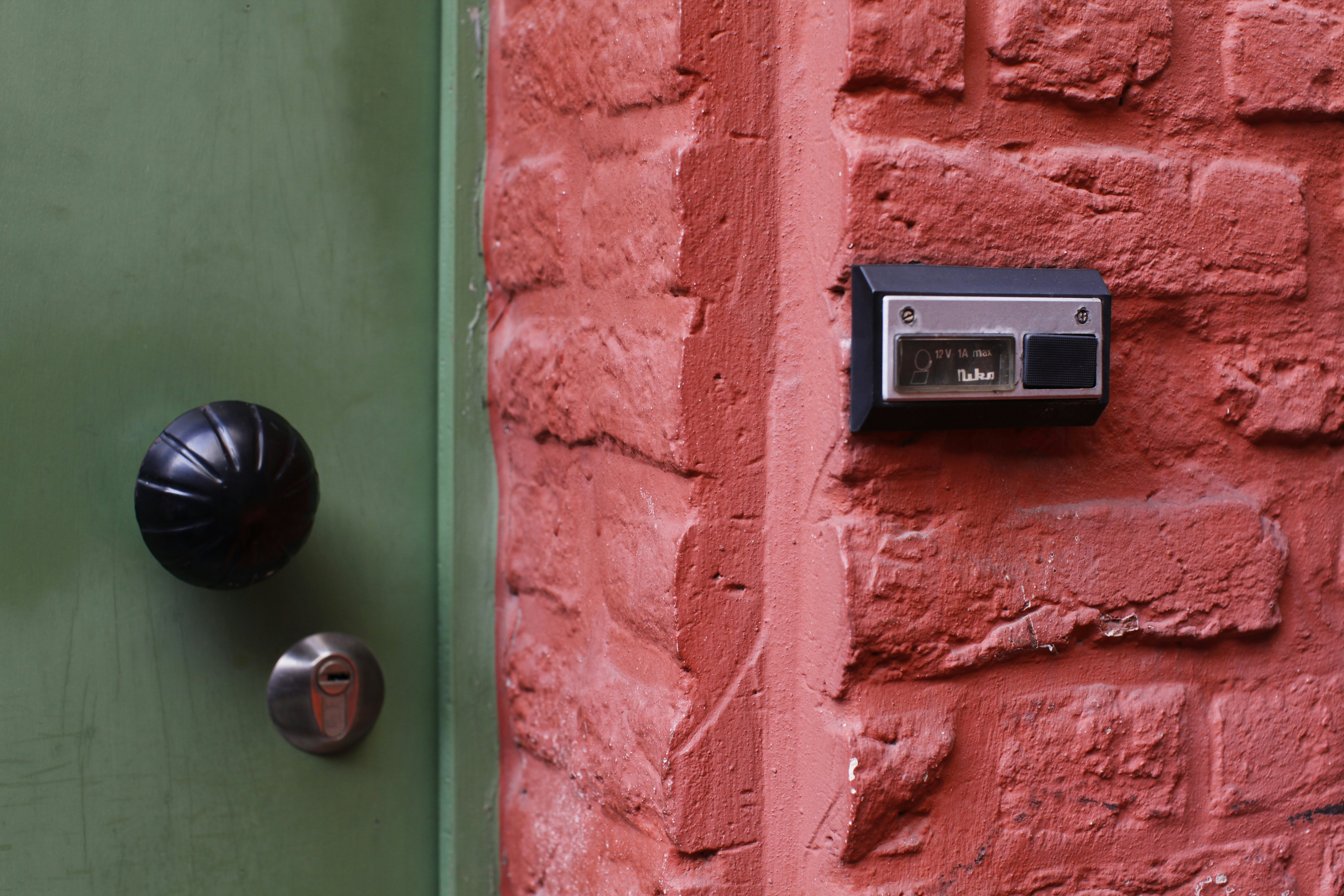Smart Tattoos: Rethinking Health Monitoring & Personalization
As technology seeps into every facet of our lives, we’re standing on the brink of a revolutionary shift in how we interact with our environment, particularly in the realm of health monitoring. With advancements like smart tattoos, a new chapter in wearable tech is unfolding, promising to redefine personal healthcare and enhance everyday experiences. The dialogue around health has long been focused on physical devices like fitness trackers and smartwatches; however, smart tattoos may soon take the spotlight in this genre, offering a seamless blend of function and form.
Disruption in Wearable Technology

For years, wearables have been the backbone of health-oriented technology, facilitating a vibrant ecosystem revolving around data collection, health advice, and even predictive diagnostics. Whether tracking your steps or analyzing heart rhythms, these gadgets are indicative of a broader trend toward self-optimization and personal health management source. But like all disruptive technologies, there comes a point when what was considered cutting-edge begins to feel stagnant. That's where smart tattoos come into play: a novel venture that combines body art with advanced sensing technology to create an integrated experience in health monitoring.
The Concept of Smart Tattoos

Imagine if your body could not just tell you how you feel but proactively assist you in managing health issues. Smart tattoos function as the next step in bio-centric personal technology. These tattoos are created using conductive inks, embedded with sensors that can monitor various biological parameters like hydration levels, glucose levels, and even blood pressure. Unlike typical wearables that sit atop your skin, smart tattoos can offer unobtrusive data collection by being directly integrated into your body.
This innovative approach can also pave the way for personalized experiences unlike any previously imagined. Picture a world where your skin can change color depending on your mood or health condition. The potential applications stretch from medical diagnostics to cosmetics, creating a powerful convergence of art, technology, and self-expression.
Health Monitoring Reimagined

One of the most appealing attributes of smart tattoos is their potential for continuous health monitoring. Current wearables often need to be charged, adjusted, or even require manual data entry to provide insights. Smart tattoos, on the other hand, could deliver real-time data with minimal interruption to daily life. Researchers are already investigating how these tattoos can be used to track conditions like diabetes, stress levels, and more, allowing individuals, and healthcare providers to make more informed decisions quickly.
The intrinsic adaptability of smart tattoos can be exponentially advantageous for those managing chronic conditions, making it possible to engineer personal health regimes that evoke a precise relationship between patient and provider.
The Personalization Factor

Taken one step further, smart tattoos can heighten personalization in ways that conventional wearables struggle to achieve. Traditional devices often struggle to provide nuanced feedback for unique bodily functions. However, a smart tattoo’s continuous monitoring can lead to highly granular data collection, prompting alerts about health fluctuations and lifestyle adjustments in real time.
Personalization doesn’t stop with health data; aesthetics play a significant role as well. Smart tattoos can take various forms and colors, allowing users to embed personal flair into their medical devices. This fusion of art and technology cements a sense of attachment to the tattoo, leading to increased compliance among users.
Ethical and Privacy Considerations

As exciting as the potential for smart tattoos is, they also invite a crucial discussion about privacy, ethics, and safety. Wearable technologies have already faced scrutiny regarding data handling and consent. The introduction of smart tattoos, which can continuously gather sensitive health data, amplifies these concerns.
Manufacturers will need to emphasize robust privacy protocols and ensure that data is encrypted and securely stored. Transparent communication about how health data is utilized will be essential to build trust and ensure user adoption. Developers must prioritize user consent and control over the data generated by smart tattoos to maintain ethical standards in this evolving landscape.
Bridging Health with Daily Life

The introduction of smart tattoos can create a symbiotic relationship with everyday activities, breaking down the barrier between technology and our physical selves. This integration provides a newfound opportunity to leverage data for more than just health management—it's about enhancing everyday experiences.
For instance, tattoos could indicate hydration levels during strenuous activities, allowing athletes to know when to take a water break. Similarly, when combined with AI-driven applications, smart tattoos could serve as personalized health coaches, offering guidance based on physiological data and lifestyle habits. To explore more about actionable gadgets that enhance daily experiences, consider reading about how micro-mobility gadgets are transforming urban interactions.
Compatibility with Existing Tech

As smart tattoos take shape, their compatibility with existing technologies will also be critical. Continuous advances mean that these tattoos can integrate seamlessly with smart home ecosystems or wearable devices. For example, data collected from a smart tattoo could influence thermostat settings based on your body temperature, creating a customized environment.
Moreover, such tattoos can provide back-end support for platforms focusing on telemedicine, gathering vital health metrics in real time that can be shared with physicians remotely. This is an exciting prospect, particularly given the rapid growth of virtual healthcare options in recent years.
A Health Revolution Awaits

As we look toward the future, the fusion of smart tattoos and healthcare presents a radical evolution in preventive medicine. With the flexibility to create tailored health solutions and the ability to provide vital health data continuously and discreetly, smart tattoos may prove to be more than a trend—they could revolutionize how we think about healthcare.
Imagine a setting where medical professionals can offer proactive, preventative care as opposed to reactive treatment. The world ahead is full of possibilities, paving the way for a generation that doesn’t view health maintenance as a chore but rather an integrated aspect of life.
The Intersection of Fashion and Functionality

Beyond their health-monitoring capabilities, smart tattoos mark a unique intersection of fashion and functionality. Traditional designs reflect personal identity, while innovative technological patterns demonstrate a progressive embrace of modern culture. This duality contributes significantly to their appeal, making them coveted accessories for a tech-savvy generation.
In a world that increasingly values personalization, wearable technology that integrates into one’s identity feels revolutionary. For insight into how this ethos resonates with Generation Z, check out our piece on gadgets for Generational Z.
The Future of Wearable Technology

As society continues to embrace innovative wearable technologies, the potential for smart tattoos will likely amplify the existing discourse on health, personalization, and technology’s role in our lives. With further research and collaboration between artists, technologists, and health professionals, these smart tattoos may become instruments for enhancing well-being, expression, and connection.
Final Thoughts
The emergence of smart tattoos epitomizes the transformative potential of wearable technology and the broader implications for health and personalization. As we are increasingly found navigating a world laden with health challenges, innovative solutions that seamlessly merge technology with our physiology will become invaluable.
The future, replete with ongoing strides in technological capabilities, leads us to a realm where our bodies become the ultimate data platform. In this evolving landscape, we’re not just consumers of technology; we’re becoming active participants in our health stories, carving out new narratives grounded in data, personalization, and empowerment.
For those looking to stay abreast of the latest trends in technology, consider how wearable tech continues to reshape not only personal health, but also our broader societal interactions. As we delve into the era of smart innovations, the dialogue surrounding ethics, data handling, and user experience will prove critical. The journey of smart tattoos has just begun, and we invite you to explore this captivating intersection of art, health, and technology.
:



